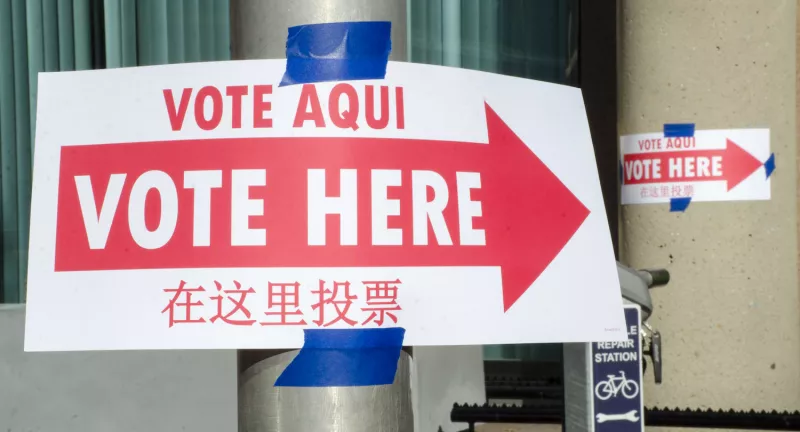2022 Election
Academic Research
-
Journal Article
Understanding Latino Political Engagement and Activity on Social Media
Political Research Quarterly, 2025
-
Journal Article
Reports & Analysis
-
Analysis
Reducing Exposure To Misinformation: Evidence from WhatsApp in Brazil
Deactivating multimedia on WhatsApp in Brazil consistently reduced exposure to online misinformation during the pre-election weeks in 2022, but did not impact whether false news was believed, or reduce polarization.
August 16, 2024
-
Analysis
Latinos Who Use Spanish-Language Social Media Get More Misinformation
That could affect their votes — and their safety from covid-19.
November 8, 2022
News & Commentary
-
News
Latinos Who Rely on Spanish-Language Social Media Content More Likely to Believe False Political Narratives
New research sheds light on Latino online political engagement and susceptibility to false claims
November 19, 2024
-
News
2022 Year in Review: Our Research & Impact
A look at our top articles, events, and more from the past year.
December 19, 2022



